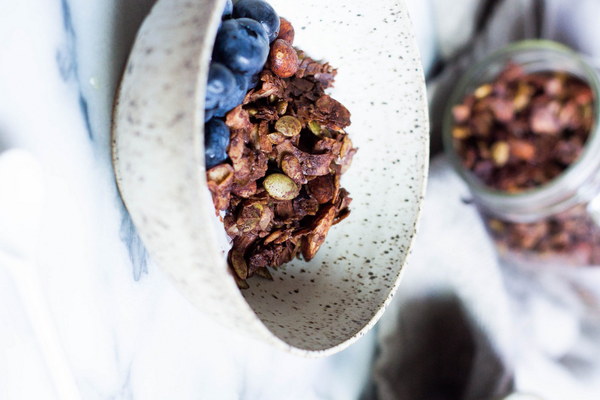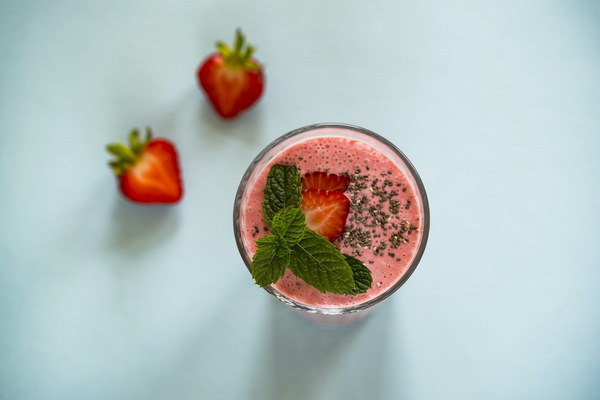Revitalizing Your Health Post-Hysterectomy Blood and Qi Restoration
Introduction:
The decision to undergo a hysterectomy can be a life-changing event, often necessitated by medical conditions that affect the uterus. While this surgery can be life-saving, it can also leave women feeling fatigued and in need of recovery. Post-hysterectomy, it is crucial to focus on restoring blood and Qi, the vital life force in traditional Chinese medicine. This article explores the importance of blood and Qi in the body, and provides insights on how to nourish and rejuvenate your health after a hysterectomy.
I. The Significance of Blood and Qi in Post-Hysterectomy Recovery
1. Blood: Blood is the essence of life, carrying oxygen, nutrients, and hormones to the body's cells. In traditional Chinese medicine, blood is vital for health and vitality. After a hysterectomy, blood flow may be disrupted, leading to fatigue, weakness, and a lack of energy.
2. Qi: Qi is the vital life force that flows through the body, maintaining balance and harmony. It is essential for immune function, energy levels, and overall well-being. A hysterectomy can deplete Qi, resulting in symptoms such as fatigue, anxiety, and depression.
II. Strategies for Blood and Qi Restoration
1. Diet: A balanced diet rich in nutrients can help restore blood and Qi. Incorporate the following foods into your post-hysterectomy diet:
a. Iron-rich foods: Red meat, dark leafy greens, beans, lentils, and fortified cereals can help increase iron levels, which are crucial for blood production.
b. Vitamin C: This vitamin enhances iron absorption. Citrus fruits, strawberries, bell peppers, and tomatoes are excellent sources of vitamin C.
c. Protein: Lean protein sources such as chicken, fish, tofu, and eggs are essential for muscle repair and the production of red blood cells.
d. Blackstrap molasses: This natural sweetener is rich in iron, calcium, magnesium, and vitamin B6, which can aid in blood and Qi restoration.
2. Acupuncture: Acupuncture is a traditional Chinese therapy that promotes blood flow and Qi balance. It involves inserting fine needles into specific points on the body to stimulate healing and alleviate symptoms. Acupuncture can help improve energy levels, reduce pain, and enhance overall well-being.
3. Exercise: Gentle exercise, such as walking, yoga, or tai chi, can boost blood flow and Qi, providing relief from fatigue and improving mood. It is important to consult with a healthcare professional before starting any new exercise regimen.
4. Herbal Remedies: Certain herbs can help restore blood and Qi after a hysterectomy. Consult with a qualified herbalist or healthcare provider before taking any herbal remedies:
a. Astragalus: This herb strengthens the immune system and improves energy levels.
b. Codonopsis: Known as the king of tonics, codonopsis is used to boost Qi and improve overall vitality.
c. Dang gui: This herb is traditionally used to nourish blood and alleviate fatigue.
III. Lifestyle Adjustments

1. Adequate Rest: Ensure you get enough sleep to allow your body to heal and restore blood and Qi.
2. Stress Management: Stress can deplete Qi and hinder recovery. Practice stress-reduction techniques such as meditation, deep breathing exercises, or progressive muscle relaxation.
Conclusion:
Post-hysterectomy recovery is a critical period that requires attention to blood and Qi restoration. By incorporating a balanced diet, acupuncture, gentle exercise, herbal remedies, and stress management techniques, you can enhance your well-being and speed up your recovery process. Consult with healthcare professionals to tailor a personalized plan for your needs and ensure a smooth transition to a healthy, vibrant life after a hysterectomy.









